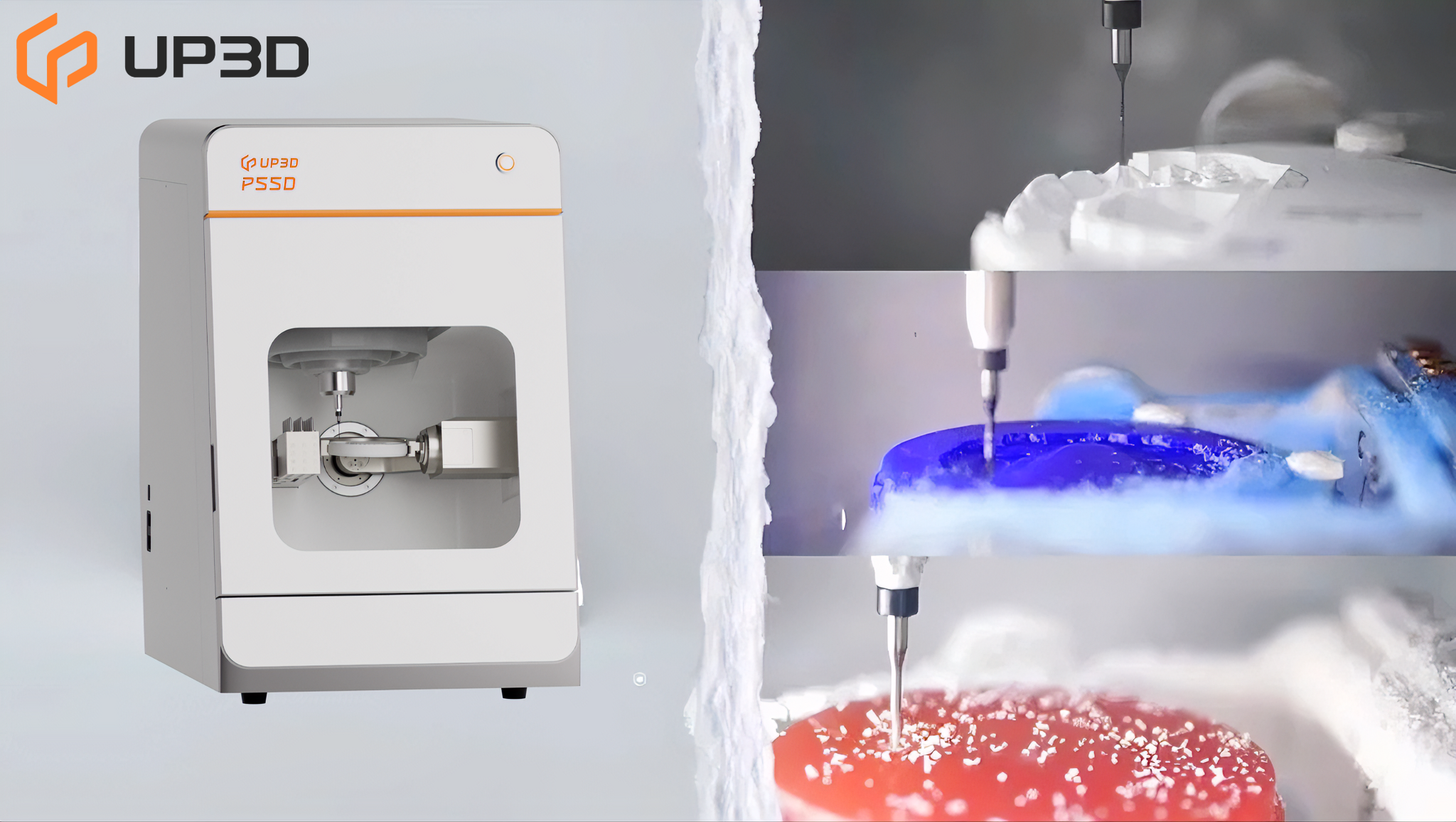With the ever-expanding range of dental materials, selecting the right milling machine for your needs can be overwhelming. Each material—whether zirconia, glass ceramics, PMMA, PEEK, or composite resins—has unique characteristics that require specific milling strategies. Choosing the right equipment ensures optimal efficiency, longevity, and quality in your restorations. This guide is designed to help dental professionals, technicians, and lab owners understand how to select the most suitable milling machine based on the materials they use most.
Understanding the Characteristics of Common Dental Materials
When choosing a milling machine, the first step is understanding the properties of the materials you work with. Zirconia, for example, is a strong, durable material often used for full-arch bridges. It requires a milling machine capable of dry milling with strong spindle performance to maintain precision. On the other hand, glass ceramics are more brittle and typically require wet milling to avoid fractures. Similarly, PMMA, often used for temporary crowns, can be milled either dry or wet, depending on your machine’s capabilities. Materials like PEEK are tough and flexible, requiring a wet milling approach for the best results.
The way each material behaves during the milling process—whether it’s the need for cooling, speed of cutting, or dust control—determines the ideal machine configuration. Each material's specific requirements need to be matched to a milling machine that can consistently deliver optimal results.
Dry Milling vs. Wet Milling: Which Is Best for Your Materials?
Understanding the difference between dry milling and wet milling is crucial when selecting your equipment. Dry milling is typically used for materials like zirconia and PMMA, which can be milled with minimal cooling. However, dry milling requires efficient dust control systems to handle the fine particles generated during the process. Wet milling, on the other hand, is more suitable for materials like glass ceramics and PEEK, as it uses water or other fluids to cool the material, preventing heat buildup and potential damage to the milling tools or material itself.
Another important consideration is the type of milling machine’s axis configuration. A 5-axis machine offers better flexibility and can handle complex undercuts, making it ideal for intricate designs. A 3-axis machine, though less versatile, may be suitable for simpler, straightforward restorations.
Choosing the Right Milling Machine Based on Your Materials
Now that we have a better understanding of how different materials behave, let’s look at the best milling machine options for each type of material:
Zirconia and Full-Arch Bridges
For zirconia, a dry-milling machine with high-speed spindle performance is a must. A 5-axis machine will provide the flexibility needed for complex restorations, such as full-arch bridges, ensuring that all facets of the restoration are accurately milled. Machines like P53DC and P55D from UP3D are perfect for zirconia milling, providing high precision, optimal material performance, and long-lasting results, with a dust collection system to ensure a clean work environment.
Glass Ceramics and Anterior Esthetic Restorations
For glass ceramics, wet milling is highly recommended. The cooling provided by the water during the milling process ensures that the material remains intact and free of cracks. Machines designed with wet milling capabilities, such as the P42 PLUS, excel at maintaining the integrity of glass ceramics, ensuring that restorations have a smooth, aesthetically pleasing finish.

PMMA and Temporary Restorations
PMMA is a versatile material commonly used for temporary crowns, guides, and splints. Both dry and wet milling can be used, depending on your specific needs. However, dry milling is often more efficient, especially for high-volume, fast-paced environments. The P55D offers fast, clean milling with an ionizer system that reduces static electricity, making it an ideal choice for PMMA.
PEEK and Composite Resins
PEEK, known for its toughness and flexibility, requires wet milling to prevent damage to the material and milling tools. Machines that provide high spindle torque and smooth motion are necessary for these materials. The P53DC is equipped to handle tougher materials like PEEK with its advanced toolpath management and wet milling features, making it a reliable choice for tough composites.
Material and Machine Selection Go Hand in Hand
When selecting a milling machine, it's important to align the machine’s capabilities with the materials you use most. The right choice ensures that your lab produces high-quality restorations with minimal waste, reduced machine downtime, and extended tool life. By understanding the specific needs of each material, you can make an informed decision on the machine that best supports your workflow and production goals.
At UP3D, we offer a variety of milling machines designed to handle a wide range of materials, from zirconia and glass ceramics to PMMA and PEEK. Whether you are a small dental lab or a large-scale production facility, our machines can help you achieve superior results while improving your efficiency.
Ready to optimize your milling operations?
Contact UP3D today to explore how our milling machines can help you achieve better results with your materials.

